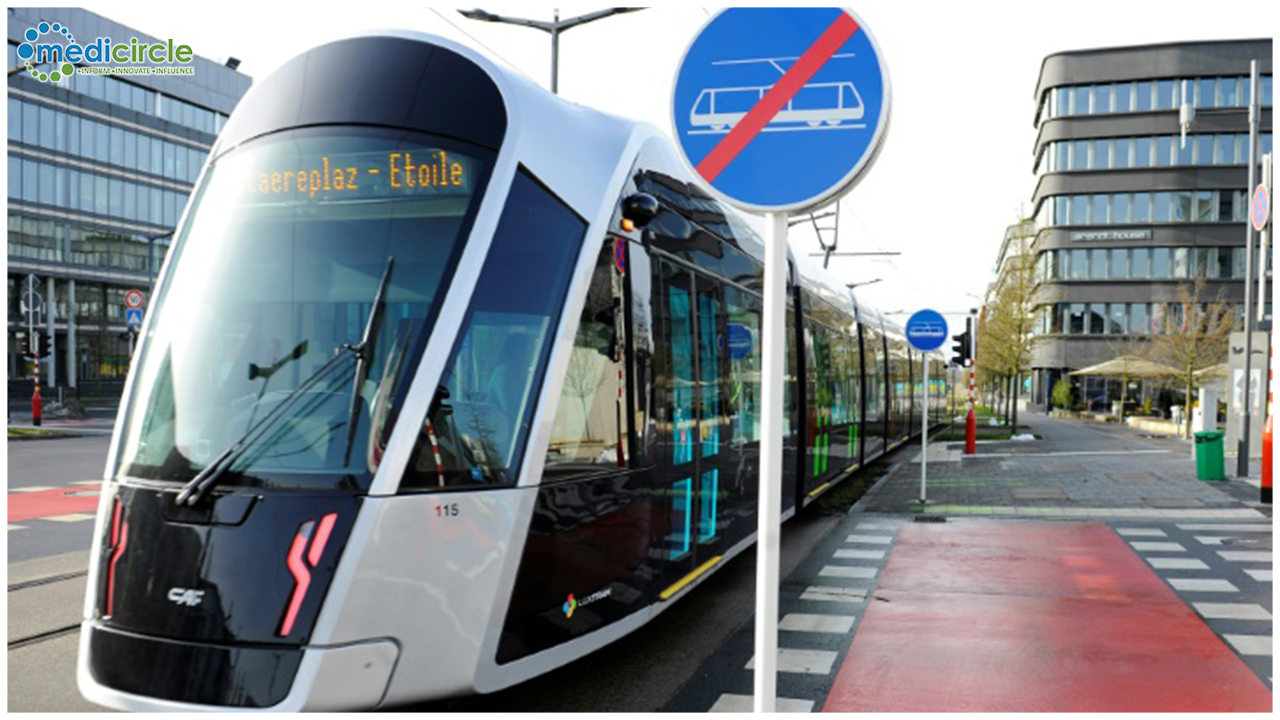Its rightly said that the biggest changes done are from the smallest and this phrase stands true for Luxembourg with its new decision to make all transportation free within the country. In an attempt to promote commuters to use public transport which will also help to better its environment as well. The free travel is mentioned within the country only and any border cross within Europe will need a pass or a ticket as required.
It is one of the smallest countries in Europe with a population of around 620,000.
There are as of now a few more cities who that has presented such measures—Tallinn—yet Luxembourg is the main or the first to do it for an entire country.
The working professionals in the country like any other European country use more personal vehicles. When calculated it was noticed that slightly less then 50% uses personal cars or vehicles and 39% of them use buses. This was one of the root causes of long traffic jams and also the pollution caused more environmental harm.
“The introduction of free public transport is an important social measure," said Luxembourg's minister for mobility, François Bausch.
The expense of this will be bared by the taxpayers as a part of there tax-paying structures. The price of the project will be the €41m (£35m; $44m) in the lost ticket fare, but that will be shouldered by the taxpayer. "Of course, just because I call it free transport doesn't mean nobody pays," said Mr. Bausch, who is part of Luxembourg's green party, déi Gréng. He also mentioned taking baby steps will only help to understand what we can do as a nation towards a global issue.
The absolute expense of running the administration is more than €500m so the administration considers the lost income as moderately little. Transport staff won't lose their positions or jobs, they will simply invest less energy checking tickets. It was not actually expensive before 29 February. An admission cost €2, and twofold for a day pass. Numerous laborers have their yearly travel pass financed in Luxembourg, so not many individuals spend much on transport in any case.
This country has definitely set an example for the other 1st world countries who can afford the same plan or at least a similar one which will promote better living conditions for future generations and also attempt to help the environmental changes.

 To better the traffic situation and environmental conditions in the country, Luxembourg announces free transportation within the country.
To better the traffic situation and environmental conditions in the country, Luxembourg announces free transportation within the country.




















.jpeg)

.jpeg)










.jpg)




.jpg)

